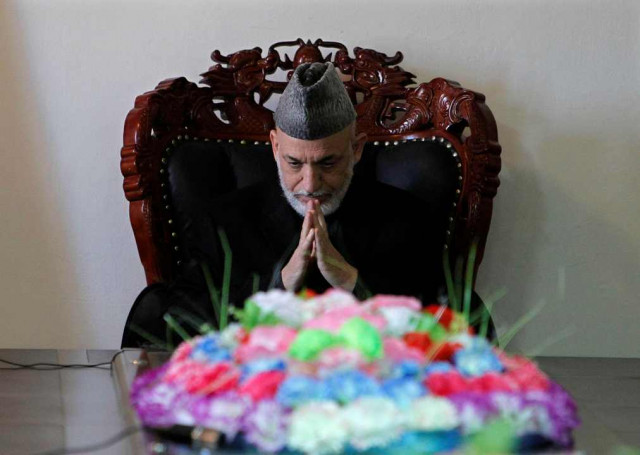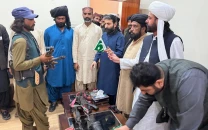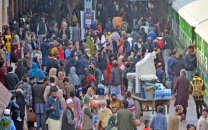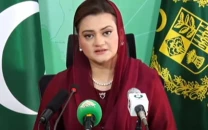Karzai visit
It is hard to get past the fact that the Af-Pak relationship faces hurdles that are unlikely to be cleared.

Karzai visit
It is hard to get past the fact that the Pakistan-Afghanistan relationship faces hurdles that are unlikely to be cleared. Take for instance negotiating with the Taliban. For Mr Karzai, talks are a must. The writ of his government barely stretches outside Kabul and the US troops that have been propping him up will soon begin withdrawing. At this point, all the Afghan Taliban has to do is bide their time and make a takeover attempt as soon as the Americans are gone. If he wants to continue ruling Afghanistan he has to make a deal with the Taliban. For Pakistan the situation is a little different. Militants control swathes of the tribal areas and are able to strike in the cities at any point but are in no position to overthrow the government. For Mr Zardari, fighting militants is the way to go.
The issue of India, too, will always hamper relations between the two countries. Afghanistan has always been wary of Pakistan’s meddling – and rightly so. Our attitude towards Afghanistan has been determined solely by our fear of India and ruled by fanciful concepts such as ‘strategic depth’. We deny the presence of the Quetta Shura but admit the presence of the Haqqani network. Perhaps the recent military statement that Pakistani soil shouldn’t be used by foreigners for terrorist actions may bring about a change on this issue, but even if it does not, we should understand that our policies push Afghanistan into India’s lap. Seen in a void, the Islamabad Declaration will lead to greater co-operation and seemingly improved relations but these problems will always be lurking in the background.
Published in The Express Tribune, June 13th, 2011.



















COMMENTS
Comments are moderated and generally will be posted if they are on-topic and not abusive.
For more information, please see our Comments FAQ